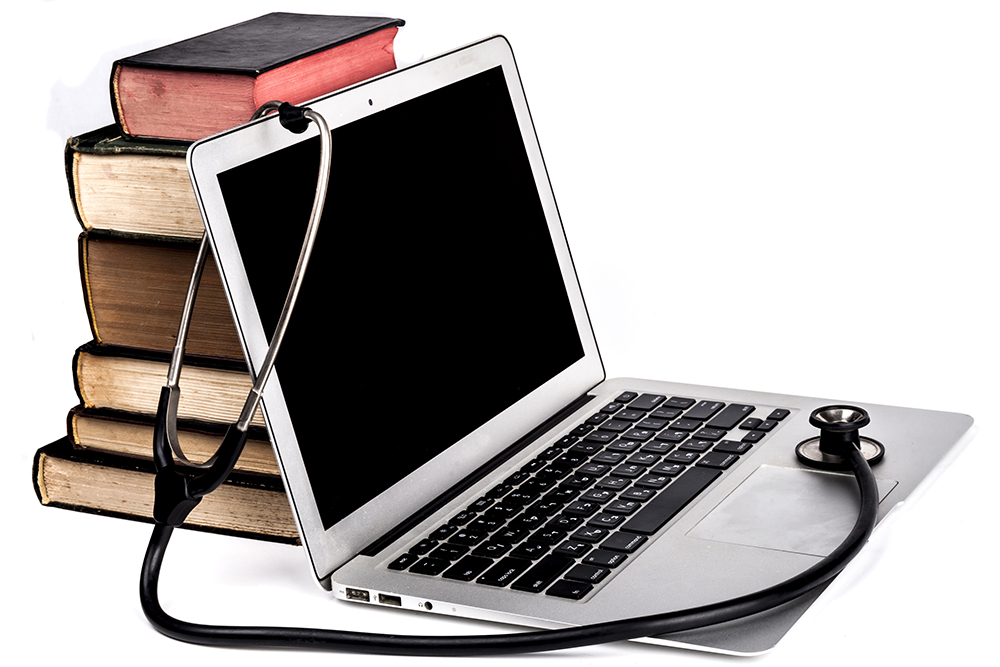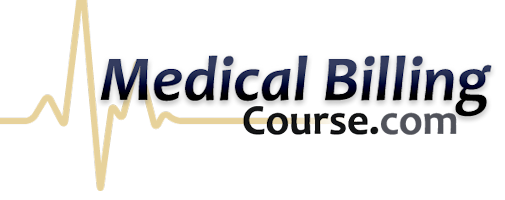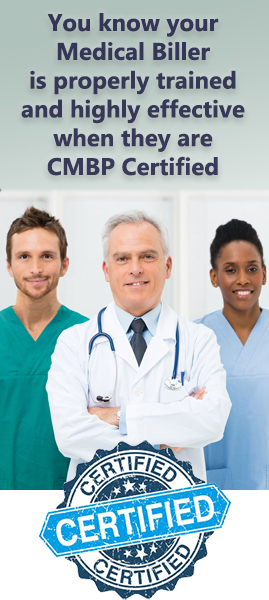Do I Need Any Prior Knowledge to Get Started in Medical Billing?
- 02/24/2020
- Posted by: Medical Billing Course
- Categories: Medical Billing, Medical Billing Course

If you’re planning on pursuing a career in Medical Billing, you’re probably wondering what the requirements are and whether or not you need training. When considering a career path, it’s important to take into account the required training, job duties and possible certifications to determine if it’s right for you. In this post, you’ll get more familiar with such details about Medical Billing such as a Medical Billing course and hopefully, be able to make a more informed decision about going into the field.
Educational Requirements
To start your career as a Medical Biller, you’ll first need your high school diploma or GED as a foundation. Without either, you won’t be able to pursue this career. Once you’ve obtained these basic credentials, you can either enroll in a certificate program, such as our P1 Medical Billing Course with CMBP & HIPAA Certification, or go to school for your associate’s degree in Medical Billing. You can also choose a higher degree for more advanced training.
While there’s no industry standard when it comes to educational requirements for Medical Billers, some employers do require a certificate in Medical Billing or higher.
In general, the length of time you’ll be training to become a Medical Biller varies. If you opt for an online certificate program, you can finish in just a few weeks if you are dedicated. However, if you’re looking for more extensive training in a bachelor’s degree, expect to finish in about four years.
What Type of Knowledge Is Required to Be in Medical Billing?
Before you dive into your career, you need prior Medical Billing knowledge to succeed. By going to school and receiving training, you’ll learn how to prepare and file insurance claims, monitor the customer billing and collection process and negotiate payment terms and agreements. By taking a Medical Billing course, you can expand your knowledge in the field and learn how to use Medical Billing software.
To succeed as a Medical Biller, it’s essential to have a background in accounting and in-depth knowledge about medical insurance policies because you’ll be handling and tracking patient financial obligations after receiving care. Whether the patient pays through insurance or out of pocket, it’s the duty of a Medical Biller to record this information and ensure it is accurate.
Medical Billers play key roles in the operation of medical clinics and offices. They help ensure that doctors receive payment for their services and that patients are pleased with the billing experience. With the right training and knowledge, you can help make the billing process run more smoothly and seamlessly.

